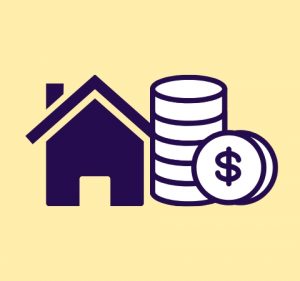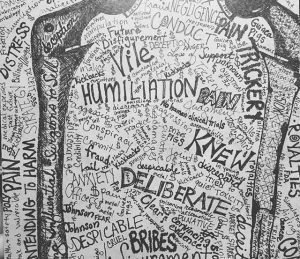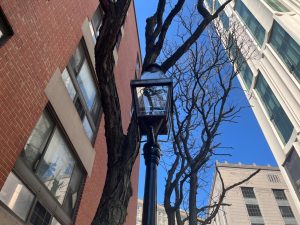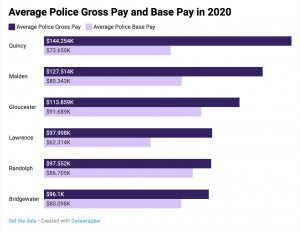Students struggling to access technology, reveals digital inequities
Many students have now graduated, but it was struggle for many who relied on public resources.
Photo: Creative Commons, Piotrus, CC BY-SA 3.0
Snell Library loans computers to students, but what do they do when the library is closed indefinitely?
May 22, 2020
Ashaley Ashley received the same email thousands of Northeastern University students found in their inboxes on March 10, 2020 stating that all classes would move online due to COVID-19.
But for Ashley, this posed a certain challenge that few of his colleagues would face.
“Finding a way to get my work done without a computer at home was concerning,” said Ashley, a fourth-year Northeastern University business student. “My MacBook stopped working over spring break, and for those first few days back on campus I would go to the library and rent one for the day, which allowed me to continue to do the work that I was assigned,” said Ashley. “As long as the library was open, I would be fine.”
Then Northeastern closed their library.
Most students bring a laptop to class, which gives the impression that all students have a computer and internet services, but this is not the case. Many students, like Ashley, borrow technology to support their learning. With schools shifting to online learning, not all students are able to continue learning effectively.
“This way of online learning and experience is new to us all, but we are forgetting about a lot of people who have to face technological challenges not just due to literacy, but to access,” said Craig Parker, a sociologist at Boston University and college advisor for Boston Public Schools.
The closure of schools means a loss of resources for students who are unable to complete assignments. It also means finding new physical spaces at home to work in.
“As a commuter student this semester I realized how hard it can be to work from home when you have the distractions of your family around,” said Ashley. “At home we only have one functioning computer, so I have to share it with my younger brother so he can also talk to his teachers and do his work at home.”
Ashley and his brother share one computer but are supposed to be in class at the same time, so it is impossible for them to make class sessions. “He’s in the eighth grade so what he’s learning is more important, so I usually have to teach myself with lecture slides and do everything in the late night,” said Ashley.
Sharing technology can pose many challenges for students finishing the semester. They are not only missing class sessions, but the amount of time they have to work on assignments is cut down and they are losing sleep over the grades that they are going to earn in this semester.
Yasser Aponte is a fourth-year international affairs and religious studies major at Northeastern who struggles to connect to the internet at home in Dorchester, MA. “I have internet most days, but some days it does not reach me,” said Aponte. “My room is in the basement of our house and I have been keeping to myself down there because I don’t want to get anyone infected who I live with. The service at the house is bad because of how many trees are around, but in the basement there is really no service.”
At the start of April, a storm with wind and rain knocked out power for many homes in Massachusetts. This put many people learning and working from home into a frenzy as they struggled to log onto a network to continue their work.
“I have found ways around it before like going to the library or paying for the mobile hotspot on my phone, but that cost money so I just go to the library if I can,” says Aponte.
Students are not only paying for classes that they take but for on-campus resources. When students cannot access them they are forced to pay twice to access the technology they need to be successful.
“I had to scramble together some money and just buy a laptop from Best Buy that I could get on the internet with,” said Ashley.
A representative from WeCare, a program at Northeastern that supports students who are unexpectedly struggling with their studies, could not be reached for comment.
Students have had to make the most of their circumstances and make the best from what they have at home, with limited technological resources. In this connected world, it’s easy to forget that many students have struggled to shift to online learning during the pandemic. After the closure of Northeastern’s library, Ashley reflected, “Crazy how one day it’s there, and the next it’s gone.”











